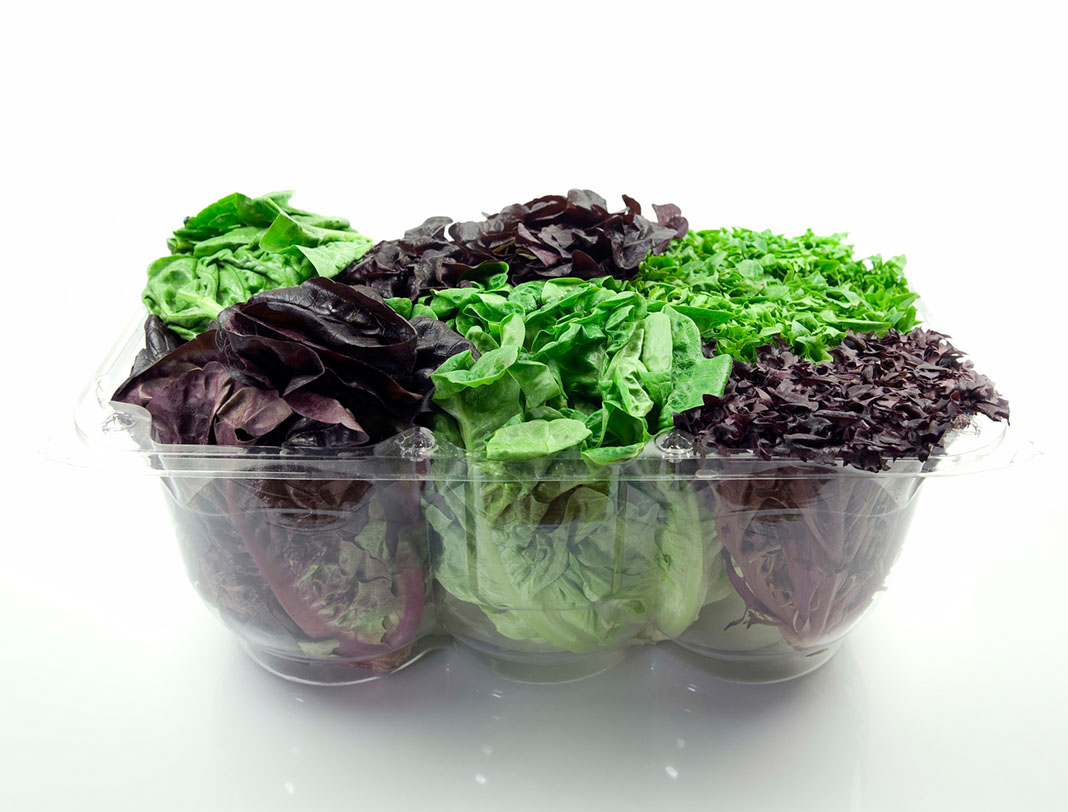Sam’s TestSince we let you in on what to have handy in the freezer, we thought it be useful to let you know what not to leave in the refrigerator. As much as your fridge is probably stocked with a variety of healthy eats, most meats and produce have to be consumed within a short time after purchase to avoid any unwanted bacteria or gut issues.
When it comes to food safety, it’s always best to play it safe. If it’s been a while since you checked what’s been living deep down there, consider these few facts before you dive in.
7 refrigerator items you need to keep an eye on
Open cans and tins

When exposed to air, tinned food can dry out, take on the flavours of neighbouring foods or worse, can get contaminated by surrounding leaking packages. Make sure you use resealable containers when it comes to canned food to ensure they stay fresh for as long as possible.
Pre-washed greens

They may be convenient, but those pre-washed lettuce and spinach packs don’t do well if left unattended after a few days. Ditch the greens if they’re near the expiration date to avoid bacteria growth.
Dairy

Soft cheeses like goats cheese, mozzarella and ricotta last about a week until it’s time to go. Make sure you use them fairly soon after opening up the packaging – in salads, pasta’s and sandwiches, the possibilities are endless!
Ground beef and poultry

The U.S Department of Agriculture states that two days is the advised length of time ground meats should stay the refrigerator. Because the meats are handled more in processing, there is a higher risk of cross-contamination or E. coli. When it comes to beef or chicken, keep it short and sweet, or store it in the freezer.
Chicken broth

Broth has been the go-to powerhouse drink of 2016. However, just like meat, broth has a great potential for bacteria growth if left too long in the fridge. Bone broth is good for four days before it’s time to toss. Any longer, then it’s the freezer.
Eggs

Eggs can sometimes contain traces of salmonella if not chosen and stored properly. To avoid the risk of any disease or bacteria, aim for organic eggs, and always check if they are uncracked. According to thekitchn.com, keep them no longer than 5 weeks in their original carton and stored in the coldest part of the fridge. If in doubt, the only way is out.
Berries

As yummy and exciting as it might be to have berries stocked in the refrigerator for all things smoothie and breakfast related, these little guys are usually populated by microscopic mold spores that take over and turn your beloved berries into fuzz and mush. Make sure you wash them right before consuming, and keep them stored no longer than three days.


